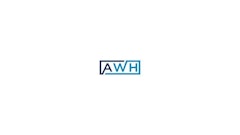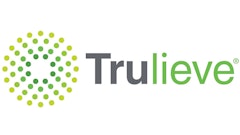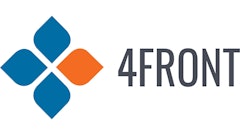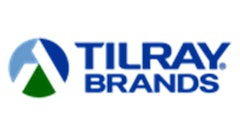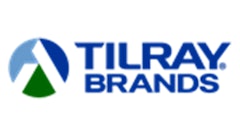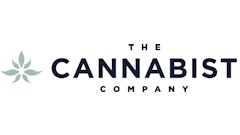SparqOne announced a March 17 distribution agreement with Kushy Punch, Church, Mindset Organics, Branded and Smoakland to reach more than 400 dispensaries across California. The move filled out SparqOne’s offerings in each cannabis product category, giving the company a more robust network to capitalize on its core promises: “superior customer service, next day delivery, and real time sales and inventory management.”
General Manager Andrew Dorsett says that the propelling force here is communication between businesses along the supply chain. Distribution companies touch all corners of their network, and he says that SparqOne drivers prioritize the needs of dispensary owners with whom they’re working each day. They’re sharing news and constantly picking up feedback as to what’s selling, what’s not selling, what sort of questions patients and customers are asking at any given moment in this rapidly evolving industry.
Of course, SparqOne’s recent agreement comes amidst the coronavirus outbreak in the U.S., and distribution channels are facing incredible economic pressure. The need for clear communication and up-to-the-minute education has been thrown into stark contrast in the cannabis business.
"Getting that feedback and spreading information and knowledge that’s factual and vetted is extremely important."
- Andrew Dorsett, SparqOne general manager
“There have been some substantial changes and operational limits put in place by local health orders mostly,” Dorsett says. “The state has been very good in the way they’ve approached all of this. The localities and the counties, they’re the ones putting in a lot of the restrictions. Luckily, the way we’ve designed our team and our company is to be very nimble and very dynamic. We can readjust at a moment’s notice throughout the state.”
For instance, SparqOne sent some of its Los Angeles-based team to the Bay Area, which led the state in its shutdown of nearly all commercial services. While the city of San Francisco quickly confirmed that cannabis dispensaries would remain “essential” business—open for patients and customers in need—the area became a pressure point for distribution networks. SparqOne also reallocated personnel to Sacramento and northern California, preparing for the possibility of a statewide shutdown. (Indeed, since our interview with Dorsett on March 19, the entire state of California has followed suit with the shutdown measures.)
“The focus on the patients, of course, is incredibly important,” Dorsett says. “A lot of times, industries … tend to circle the wagons and almost forget the patients. They worry about the business. You have to worry about the business, but you also have to get that feedback from your patients and customers. Getting that feedback and spreading information and knowledge that’s factual and vetted is extremely important. … To me, it’s very important for the industry to communicate amongst one another—communicate with the patients and the customers and also with the state.”
He points out that businesses often wait for state agencies to direct activity and to signal new norms as things change in an industry. In times of crisis, though, that otherwise typical sequence of events may not be as smooth. It’s up to businesses to proactively reach out and learn what the state needs and what the patient and customer base needs.
“There are a lot of rumors going around, a lot of false information, and to streamline that [communication] and bring it into focus is going to be vital for the industry moving forward,” he says.














